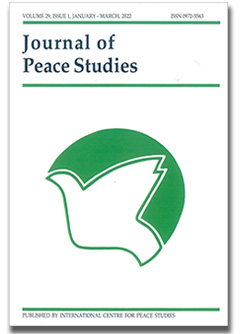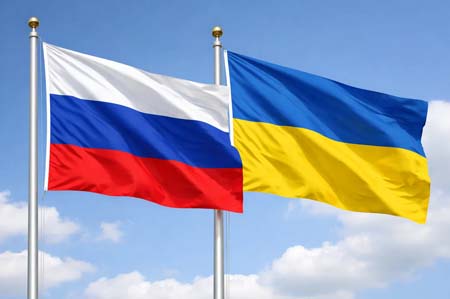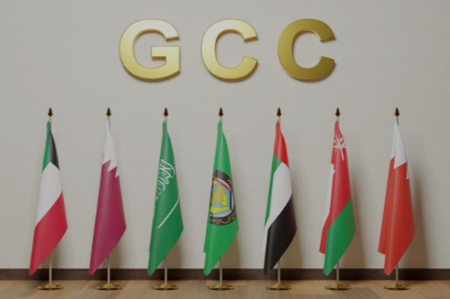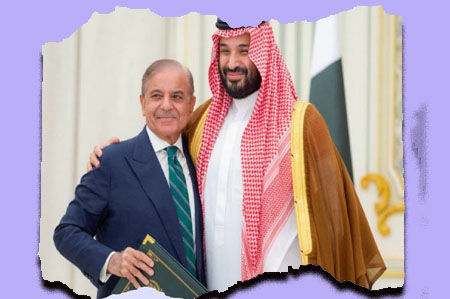
The academic world mourns the passing of Professor Tharailath Koshy Oommen, a distinguished sociologist, prolific author, and Professor Emeritus at Jawaharlal Nehru University (JNU), who passed away on 26 February 2026, in Gurugram at the age of 88.


Russia’s intensified strikes on Odessa highlight its bid to neutralise Ukraine’s maritime lifeline and assert dominance in the Black Sea. Rooted in historical claims and NATO security fears, Moscow’s campaign threatens Ukraine’s economy, global food security, and regional stability, while exposing the limits of international institutions.

This Issue Brief analyses the structural limitations of the Gulf security framework in light of Israel’s unprecedented attack in Doha on 9 September, targeting Palestinian Hamas leadership. While the attack marked a dangerous escalation of Tel Aviv’s regional adventurism, it also exposed the enduring structural weaknesses of the Gulf’s security architecture which has been defined by entrenched dependency on the United States.

This issue brief explores whether Pakistan can evolve from a traditional “security contractor” into West Asia’s net security stabiliser. The September 17, 2025, Saudi-Pakistan Strategic Mutual Defence Agreement marks a pivotal moment, formalising decades of military cooperation between the two countries. Historically, Pakistan has trained Gulf forces, guarded monarchies, and provided military personnel, often in transactional arrangements....
Comments
Rundown to the Gilgit-Baltistan Assembly Elections 2026: An Analysis
Zainab Akhter
Gilgit-Baltistan’s 2026 elections may face delays until October due to harsh weather and budgetary constraints. The caretaker administration may see extended powers amidst rising local political movements.
BNP's India Policy: Shifting Towards Pragmatism?
M.A. Hossain
BNP’s return to power forces a strategic rethink of its India policy. Geography, economic interdependence, and security realities push the party toward pragmatism over rhetoric in managing its most consequential bilateral relationship.
Resetting the Equation with a BNP Led Bangladesh: India’s Strategic Dilemmas
Ankita Sanyal
Bangladesh’s historic BNP victory reshapes Dhaka–Delhi dynamics. This analysis explores shifting rhetoric, water disputes, China’s growing role, and whether pragmatic engagement can stabilise ties in a post‑Hasina political landscape.
Bangladesh’s Political Reset and the Road Ahead
Smruti S. Pattanaik
Bangladesh’s 13th Parliamentary Election restores credibility of the multiparty system and coincides with a decisive referendum on constitutional reforms. With a commanding majority, the BNP now faces high expectations at home and complex regional challenges, especially in managing India ties, economic pressures and youth aspirations.